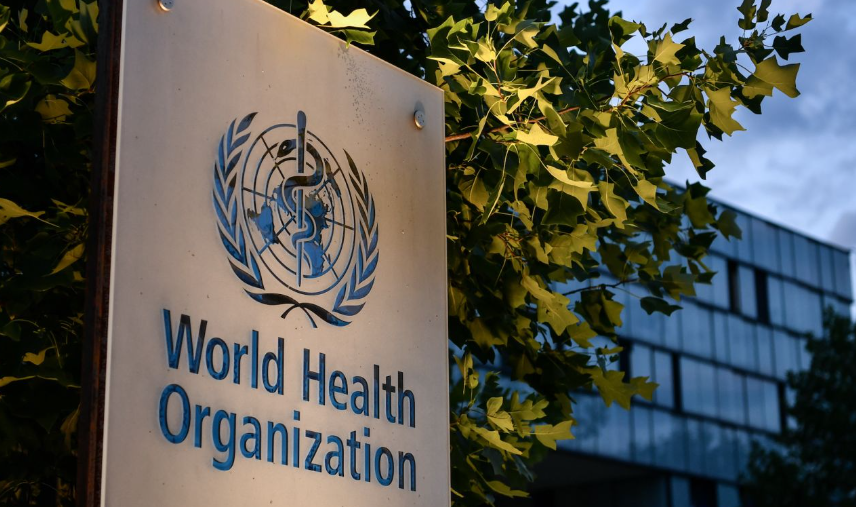WHO Declares Mpox a Global Public Health Emergency
The World Health Organization (WHO) declared mpox a “public health emergency of international concern” (PHEIC), on August 14, 2024. This decision was made after experts noticed a rise in mpox cases, especially in the Democratic Republic of the Congo (DRC) and other African countries.
What is a PHEIC?
A PHEIC is a serious health event that can affect multiple countries and needs a coordinated global response. It refers to an unusual event that could spread internationally, requiring countries to work together.
Definition of Mpox
Mpox is a viral disease first found in humans in 1970, commonly found in Central and West Africa. The WHO had previously declared mpox a global emergency in July 2022 due to an outbreak that ended in May 2023.
Current Situation
The DRC is experiencing a rapid increase in mpox cases, with over 15,600 cases and 537 deaths reported this year. A new strain of the virus, called clade 1b, is spreading quickly in the DRC and nearby countries like Burundi, Kenya, Rwanda, and Uganda—places where mpox wasn’t previously reported.
Response Efforts
Two vaccines are currently recommended for mpox and have been approved in several countries. The WHO has provided $1.45 million to help with immediate response efforts, with more funding expected as the situation develops. An estimated $15 million will be needed to improve monitoring and preparedness.
More About Mpox
Mpox, formerly called monkeypox, is a viral disease mostly found in Central and West Africa. It was first discovered in monkeys in 1958 but mainly spreads through rodents. Symptoms include fever, rash, and swollen lymph nodes, and it looks similar to smallpox but with a shorter incubation period of about 7-14 days. The disease can spread between people through respiratory droplets and bodily fluids. The WHO declared it a public health emergency in 2022. A smallpox vaccine can provide some protection.
More About International Health Regulations (IHR)
The International Health Regulations (IHR) were first adopted in 1969 and updated in 2005. They aim to improve global health security by managing disease outbreaks. The IHR applies to 196 countries, including all WHO member states. Certain diseases must be reported within 24 hours. The regulations also promote a “One Health” approach, linking human, animal, and environmental health. The IHR provides guidelines for emergency response and public health capabilities, with compliance monitored through annual reports.
Month: Current Affairs - August, 2024
Category: International / World Current Affairs








